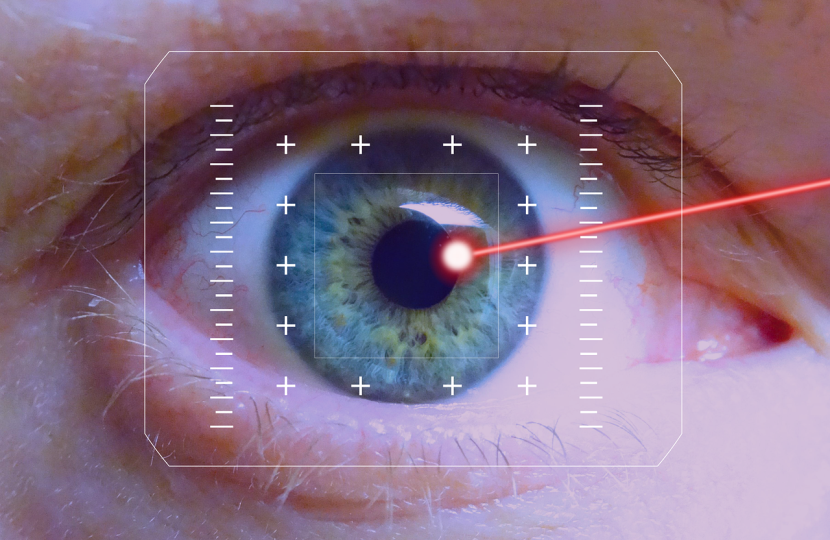
Eye care is the single busiest outpatient speciality in the Welsh NHS, accounting for 1 in every 8 patients on an NHS waiting list.
Over 80,000 people in Wales are at the highest risk of irreversible sight loss as they’re simply waiting too long for appointments.
Figures show that approximately 1 in 5 people will experience sight loss in their lifetime, with around 250 people starting to lose their sight every day. In fact, the amount of people in Wales at risk of losing their sight would fill the Millenium Stadium.
Over the past decade, referrals to ophthalmic services have increased by over 50%, but their workforce has stayed the same.
In April 2024, there were over 104,000 patient pathways in Wales waiting for an ophthalmology appointment, and the Royal College of Ophthalmologists estimates that demand for eye-care services in Wales is expected to increase by 40 per cent over the next 20 years.
An RNIB survey during the second half of last year found that blind and partially sighted people in Wales are more likely to have experience increases in cost of transport, energy and food than the UK average due to the unique challenges they encounter as a result of their disability. This comes in the form of increased reliance on taxis, greater need for lighting, inferior access to information and difficulty shopping.[1]
It has also been found that unavoidable costs for more than one in five of blind and partially sighted people reach as high as £200 a month, with many foregoing essentials to make ends meet and others going out less to save money, leading to experiences of isolation, loneliness and depression.
All these facts were highlighted last week in the Senedd Chamber when the Welsh Conservatives brought forward a Senedd motion calling on the Welsh Government to take urgent action to prevent irreversible sight loss, and adopt the recommendations of the National Clinical Strategy for Ophthalmology.
We called on the Welsh Government to set out targets and deadlines for improving waiting list backlogs, ensuring patients waiting receive communication about their clinical risk; and to publish a timetable for the development and rollout of the electronic patient record and referral system.
Speaking in the debate, I asked the Welsh Government to join me in encouraging the Beisi Cadwaladr University Health Board to help clear the backlog of patients waiting to treatment by investing in the Stanley Eye Unit at Abergele Hospital.
I also asked the Welsh Government to join me in encouraging the NHS more widely to use its resources more efficiently by encouraging it to do both eyes, if people need cataract operations, at the same time, rather than in separate appointments, which I said seems to me to be a nonsense and waste of resources.
Instead of backing our plan to prevent what doctors have warned is an incoming tidal wave of blindness, Labour sadly defeated our motion.
As RNIB Cymru’s External Affairs Manager, Nathan Owen, has said: “Each month that passes without a commitment to improve eye care sees hundreds of people added to waiting lists and the hope of tackling this crisis slips further out of reach. We want a Wales where anyone whose sight could be saved with timely treatment has access to the care they need, when they need it.”
For advice on eyecare and further information on the practical and emotional support available to people experiencing sight loss, please visit RNIB Cymru’s website at RNIB Cymru I Wales' biggest sight loss organisation | RNIB



